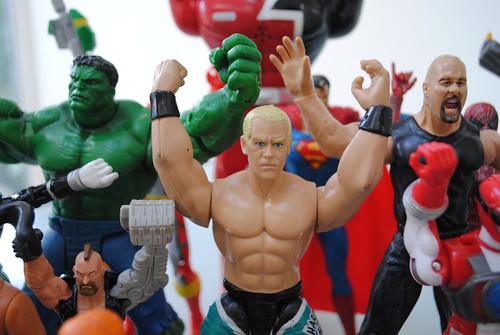How to Cultivate Engaged Employees – 6th in a series of 6 related Posts

Just because it’s fast, doesn’t mean it’s best!
Guideline #6– Don’t insist that a decision must be made
“Conventional management wisdom holds that a flawed decision is better than no decision,” writes HBR author Charalambos Vlachoutsicos. He goes on to advise that leaders should reject conventional wisdom: “If you can’t get agreement on a decision, don’t rush to impose one. Think instead about putting in place a process that yields decisions, even slowly made ones, that everyone can accept even if agreement is not unanimous.”
As I noted in previous posts, we have a clear process in place for working through issues and coming to agreement at Intertech. Having a process takes time and, more critically, discipline. I do believe, however, that decisions should be made when it is possible to do so without further discussion. “Analysis paralysis” can result when leaders do not feel empowered to make decisions, no matter how small they might be.
In situations where more discussion truly is required, it helps to send out all the information related to the decision in advance. Prepping in advance means people can arrive informed and ready to discuss, versus wasting precious meeting time waiting for everyone to read through long documents. For more on meetings, check out chapter 65 of my book, “Make Meetings Matter.”



